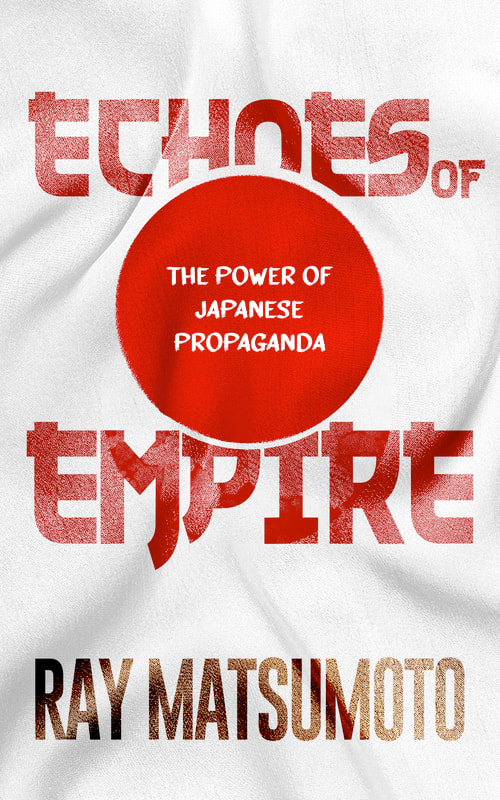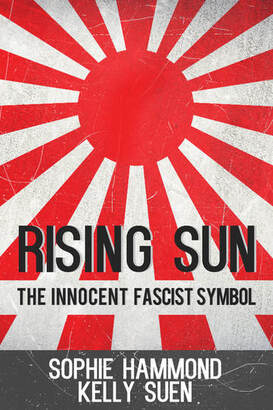Echoes of Empire: The Power of Japanese Propaganda
|
|
The topic of propaganda has become increasingly relevant in recent years. With the advancement of technology, people are increasingly more vulnerable to disinformation. Japan experienced a similar situation in the early 1900s and 1930s. With the rise of mass production of newspapers and magazines amidst the Russo-Japanese War, the Japanese population became instilled in nationalism and militarism. Despite the era of demilitarization and democratization that followed after World War I, the Japanese Empire, once again, became fixated on expansion. This time, advancements in radio and film propagated a sentiment for total war.
Echoes of Empire: An Analysis of Imperial Japanese Propaganda focuses on the themes of Japanese propaganda during the imperial era (1868–1945). By emphasizing the content of Japanese propaganda, the publication achieves a rigorous and holistic account of propaganda from the imperial period. The publication closely examines four key themes: Glorification, Youth, Women and Sex, and Race War. Each section discusses various forms of propaganda, both official (government and military) and unofficial (civilians and private companies). While each chapter focuses on a specific theme of Japanese propaganda, all inquire into the impact propaganda had on the Japanese on an individual and societal scale. The analysis serves to enlighten people on the mechanism and influence of propaganda and the danger of ignoring its significance. |




